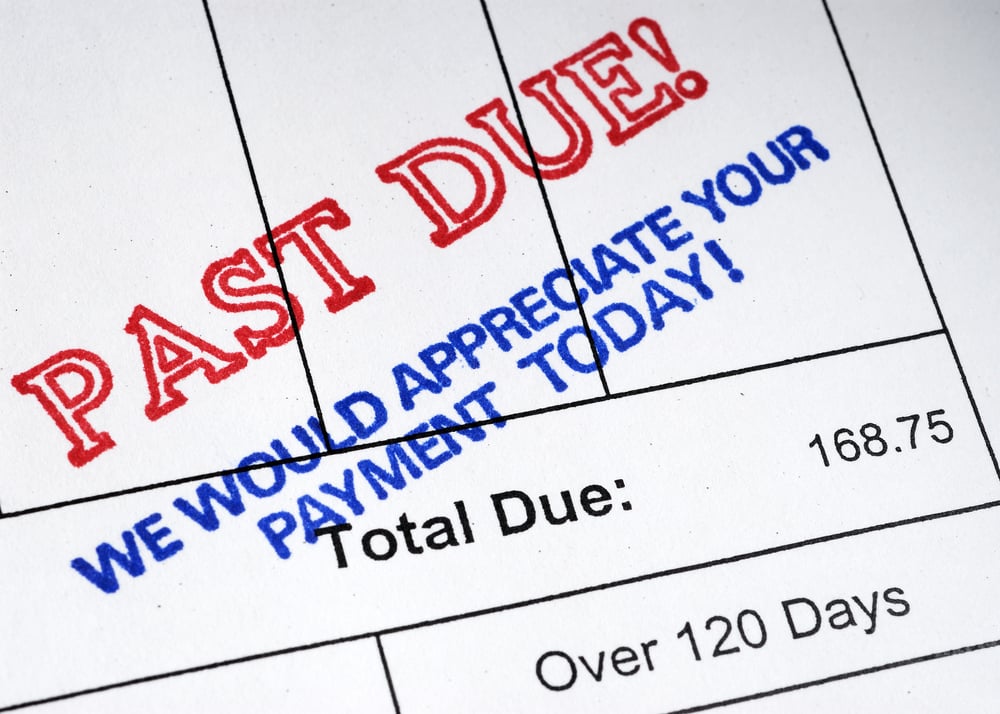5 Accounts Receivable Management Key Performance Indicators (KPIs)
Accounts Receivable Management: 5 Ways to Increase Cash Flow In any business, cash flow relies on effective accounts receivable management,...

Working in accounts receivable can cause daily frustrations. If a customer repeatedly ignores your attempts to collect, you risk losing out on valuable cash flow. Sometimes this frustration can show in the emails we send to customers. Although it may seem harmless to get a little angry with a customer when they aren't complying to pay, it does more than reak havoc on your own personal guilt. An angry email can effect the company and its reputation if it one day winds up in a deposition
During a deposition, the opposition will do a discovery to find every written contract or record, including email. Thanks to the use of cloud storage, even deleted emails or ones sent months ago can be brought into the deposition. Any emails or text message sent to a customer can and will be used against your company.
In order to avoid nerve-wrecking situations like this and write a deposition ready collection email, take a look at our guide below.
Email can give us a false sense of security due to its laid back nature, however, they should be taken seriously and should always be written with the idea that it could one day end up in a deposition. As mentioned above, using automated accounts receivable software can mitigate some of these risks. Emails can automatically be sent out to customers past a certain due date using pre-created email templates, eliminating the possibility of sending emails in frustration. This way, every email is a depostion ready collection email.

Accounts Receivable Management: 5 Ways to Increase Cash Flow In any business, cash flow relies on effective accounts receivable management,...

As we all know, cash flow is the lifeblood of every business. Having sufficient cash can be the difference between success and failure and accounts...

Increase Cash Flow with Accounts Receivable Management KPIs Modern CFOs understand the importance of employing technology wherever possible to gain...